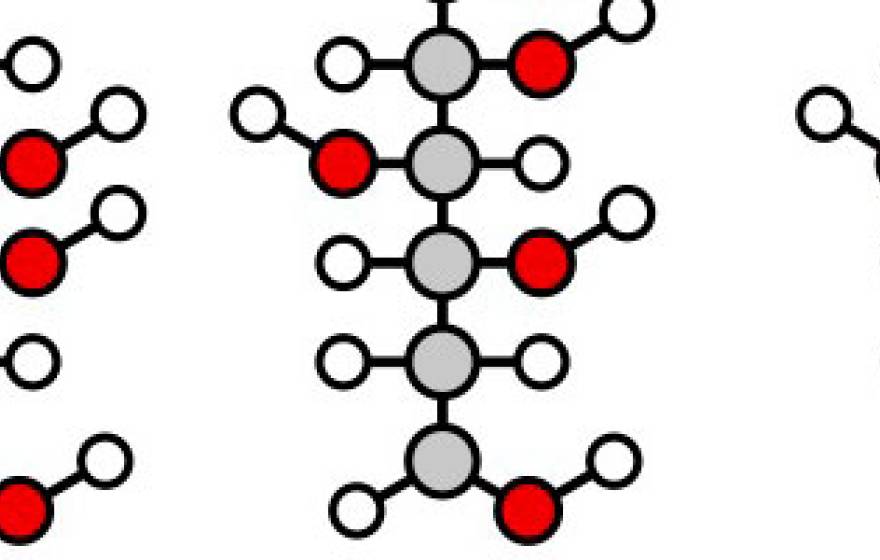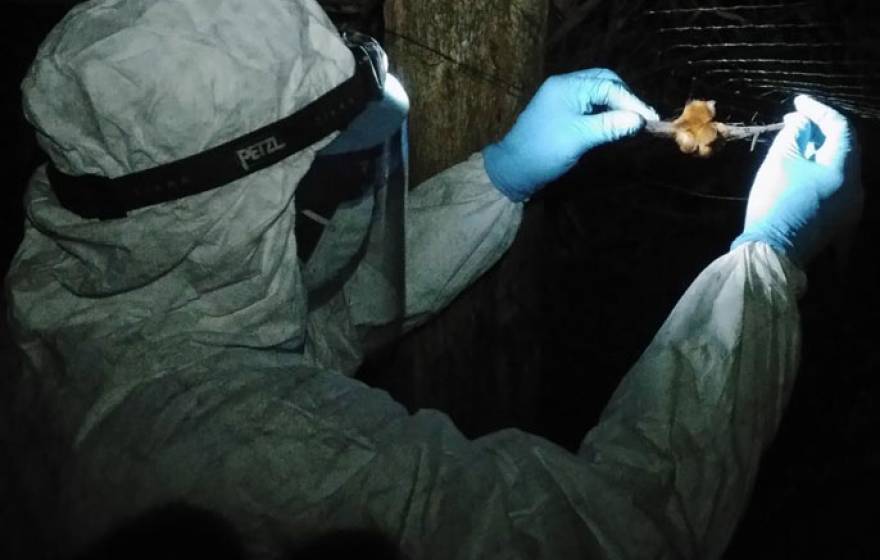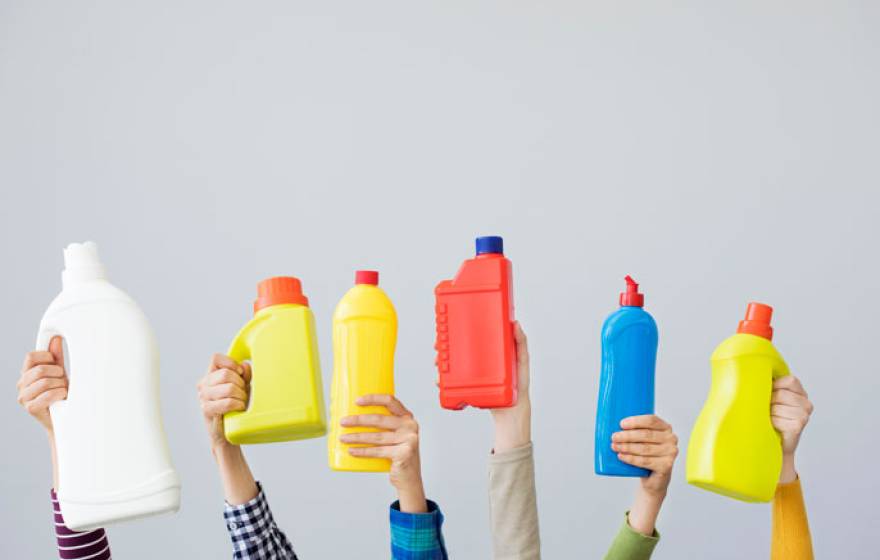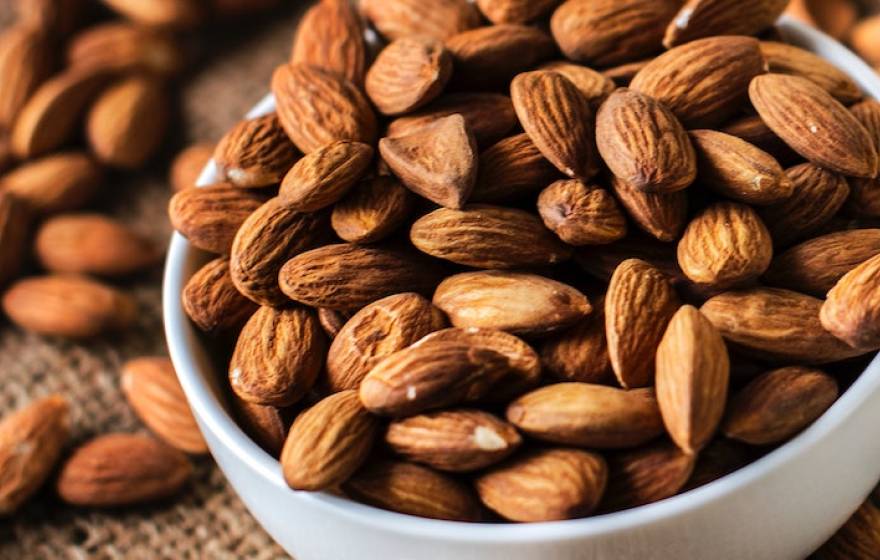Surveys find more than half of American job seekers cite the need for more meaningful work, engagement and recognition.
Science of happiness moves to the workplace
Cracking the sugar code: Why the ‘glycome’ is the next big thing in health and medicine
The long sugar chains covering our cells could provide answers to cancer, aging and autoimmune diseases.
Finding Ebola before it finds you
For the first time, scientists discover a new Ebola species in a host prior to detection in an infected human or animal.
Does the keto diet live up to its promise?
As the super low-carb ketogenic diet gains popularity, scientists explain what we do and don’t know.
Heart attack risk doubles for daily e-cigarette users
Vaping provides no improvement over regular cigarettes, study finds.
Is plastic making us fat?
When it comes to the obesity epidemic, plastics are fuel for the fire.
How poor sleep can ruin your social life
People found sleep-deprived individuals to be more socially unattractive, and felt lonelier after interacting with them.
Physicians are burning out. Here's why.
One big factor is the use of electronic health records.
Study: Snacking on almonds a healthy alternative for breakfast-skipping students
A new study shows the snack can improve key metabolic indicators for breakfast-skipping college students.
UC hospitals recognized as nation, state's best
High praise for the five UC medical centers in a new U.S. News survey.
Neurosurgeon’s accurate diagnosis restored teen’s vision
After two years of living in darkness and pain, Rhianna Wilson's future looks bright
Reeling from the news? Train your brain to feel better with these 4 techniques
Tips from neuroscience can help you cope with events outside your control.










